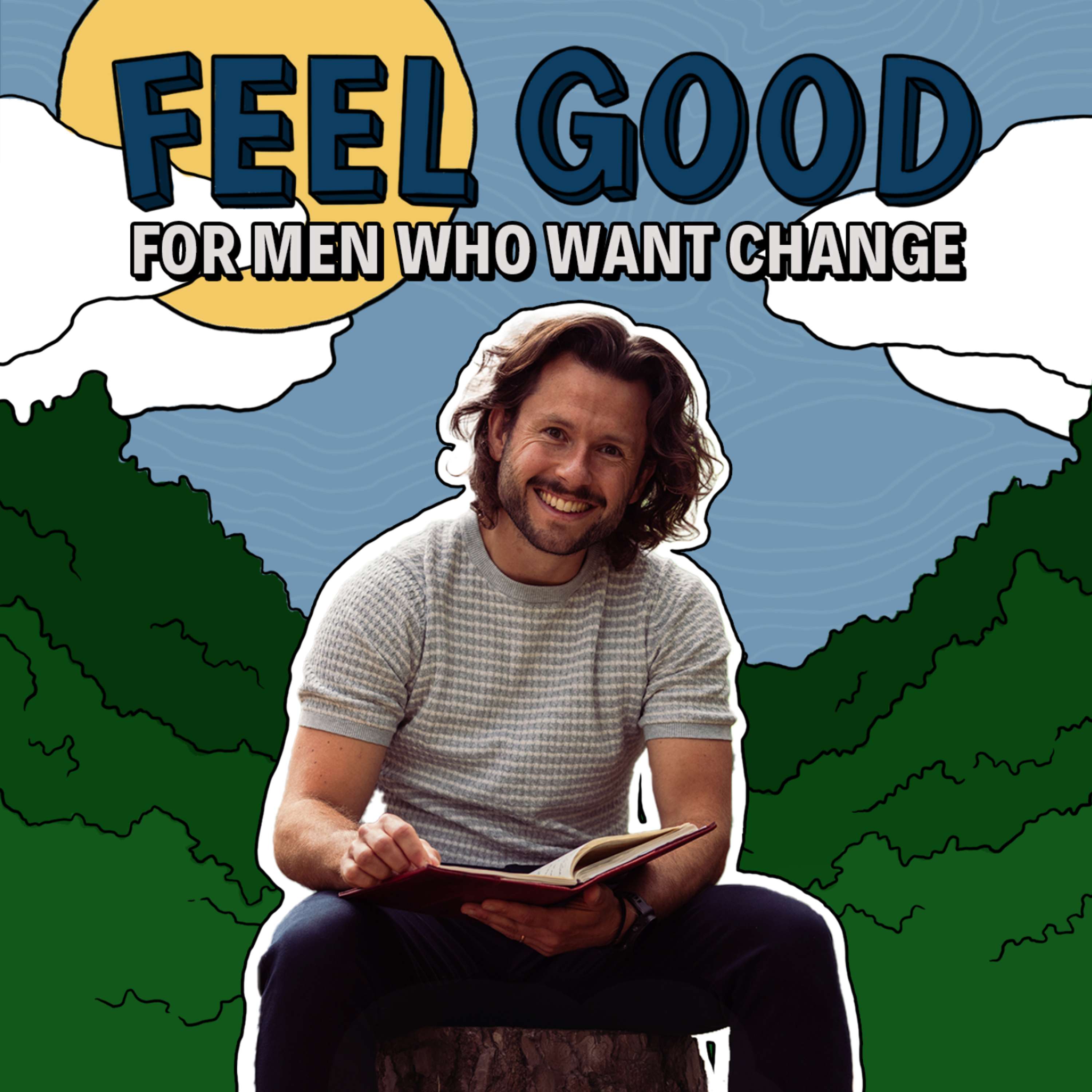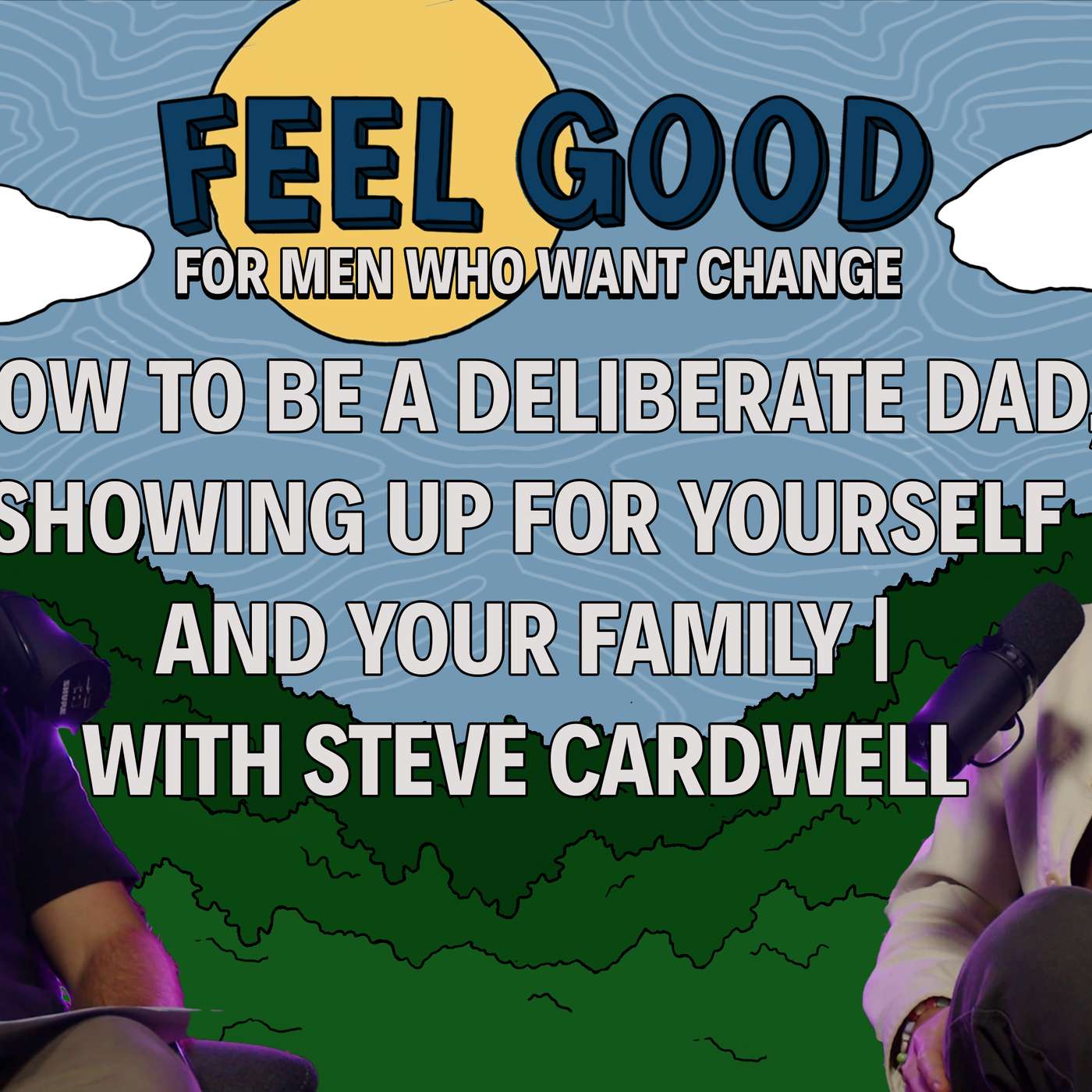The Feel Good Folk

The Feel Good Folk
Podcast Description
The Feel Good Podcast aims to unpack what it means to be a man in the modern world. In each episode, we explore the evolving landscape of masculinity through open, honest conversations with guests from all walks of life, from sport and the military to leadership, mental health and the arts.
We challenge outdated narratives and dig into topics like emotional resilience, connection, identity and purpose. Our aim is to create a space where men can reflect, feel seen, and start to ask deeper questions about who they are and who they want to become.
Whether you're curious about redefining strength, navigating vulnerability, or simply looking for more meaning in how you show up day to day – this podcast is for you.
Podcast Insights
Content Themes
The podcast tackles themes such as emotional resilience, identity, and purposeful living, with episodes examining topics like meat consumption's relation to masculinity, the challenges of fatherhood in a digital age, and the impact of consumerism on identity.

The Feel Good Podcast aims to unpack what it means to be a man in the modern world. In each episode, we explore the evolving landscape of masculinity through open, honest conversations with guests from all walks of life, from sport and the military to leadership, mental health and the arts.
We challenge outdated narratives and dig into topics like emotional resilience, connection, identity and purpose. Our aim is to create a space where men can reflect, feel seen, and start to ask deeper questions about who they are and who they want to become.
Whether you’re curious about redefining strength, navigating vulnerability, or simply looking for more meaning in how you show up day to day – this podcast is for you.
“If I’m sitting here in ten years thinking this exact same thing, I’ve no one to blame but myself.” – Steve Cardwell
In this episode of Feel Good — For Men Who Want Change, host Tim Barber sits down with Steve Cardwell, founder of Deliberate Dad, to unpack the moment that forced him off autopilot and into a life of deliberate choice.
From a “Scotch egg” moment to the systems that help fathers reclaim time and presence, Steve shares a practical framework with his Deliberate Operating System, that helps dads set clear standards, simplify routines, and stay intentional through the chaos of parenting.
They discuss what it means to be “deliberately selfish,” why balance is a myth, and how small, repeatable actions can lead to lasting transformation. If you’re a dad juggling work, family, and your own standards, this episode gives you realistic next steps and permission to experiment without guilt.
👉 Subscribe, share, and tag a dad who needs to stop living on autopilot.
Chapters
00:00:00 – Intro & episode overview
00:01:34 – Checking in: life with a 3-year-old and 10-month-old
00:05:11 – The “Scotch Egg” moment: why Steve changed course
00:07:27 – Taking responsibility: hiring a coach & starting experiments
00:11:15 – Default (autopilot) vs Deliberate living — definitions and danger
00:19:53 – “Deliberately selfish”: why self-care helps you show up
00:23:33 – The Deliberate Operating System: clarity, systems, mindset
00:23:54 – Seasons of life: why balance isn’t the answer
00:29:52 – Micro-actions & momentum — simple experiments that compound
00:30:33 – Real talk: everyone’s on autopilot — it’s normal, but fixable
00:37:26 – Work & careers: practical conversations with employers
00:39:49 – Defining standards: a practical example (phone-off at pick-up)
00:44:02 – Action → Evidence → Bigger goals: the six-week approach
00:54:52 – Imperfect solutions are better than no solution (closing message)
00:57:26 – Where to find Steve (Deliberate Dad: website / socials / podcast)
00:58:34 – Host closing & key takeaway
How to find us:
If you’d like to learn more about The Feel Good Folk, head to the website. We offer coaching, content and community that will help you navigate healthy masculinity in today’s world.
🌐 https://www.thefeelgoodfolk.com
Got questions, reflections from the episode, or just want to start a conversation? We’d love to hear from you.
📩 Reach out by email: [email protected]
📱 Follow us on social:
Instagram – https://www.instagram.com/thefeelgoodfolk/
LinkedIn – https://www.linkedin.com/company/the-feel-good-folk/
👤 To connect directly with Tim:
https://linkedin.com/in/tim-barber-i-frsa-29632b15
To connect directly with Steve, you’ll find him here:
📱 Instagram: https://www.instagram.com/deliberatedad_/
🔗 LinkedIn: https://www.linkedin.com/in/stevedeliberatedad/
🌐 Website: https://deliberate.dad/

Disclaimer
This podcast’s information is provided for general reference and was obtained from publicly accessible sources. The Podcast Collaborative neither produces nor verifies the content, accuracy, or suitability of this podcast. Views and opinions belong solely to the podcast creators and guests.
For a complete disclaimer, please see our Full Disclaimer on the archive page. The Podcast Collaborative bears no responsibility for the podcast’s themes, language, or overall content. Listener discretion is advised. Read our Terms of Use and Privacy Policy for more details.